Abraham Nussbaum
Physician, Teacher, Writer
The Reading Cure
People sometimes confuse psychics and psychiatrists. Shrinks can’t read minds; we read books. A few years ago, I left social media and resumed reading. Reading builds resiliency and the ability to form therapeutic alliances. Here are some books about doctoring that I have been reading lately:
-
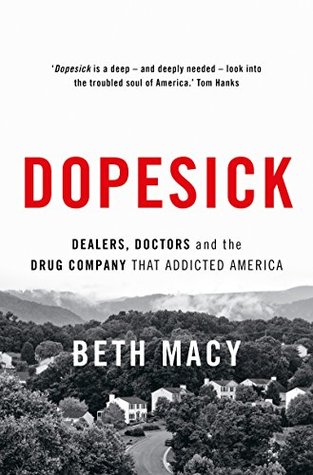
Dopesick, Beth Macy
Thanks to @papergirlmacy for the heartbreaking intro to docs villainous (Purdue Pharma, pill mills) and virtuous (Dr. Art Van Zee), and also heroic mothers and determined nuns. In an epidemic, “The answer is always community.” Macy gets it all right: “The fix isn’t more Suboxone or lectures on morality, but rather a reinvigorated democracy that…
-
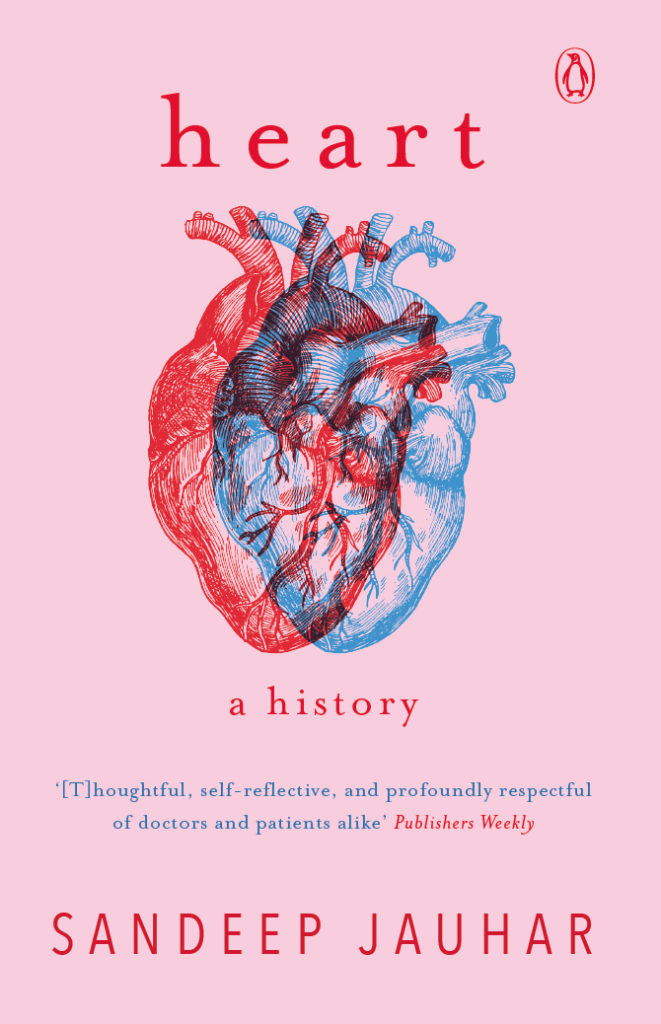
Heart, Sandeep Jauhar
@sjauhar’s latest exists outside the cultural moment, but introduces a great deal of medical history. My fave was the wild story of the surgical intern, Werner Forssmann, whose bloody self-experiments lead to cardiac catheterization. The heart “instigates metaphor: it is a vessel that fills with meaning.”
-
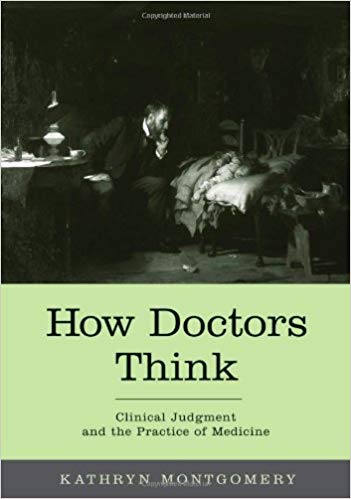
How Doctors Think, Kathryn Montgomery
It’s intern season. The doctors sent from the future to replace us are arriving, and not a moment too soon. Before we start, I always reread at least a portion of Montgomery’s classic work. Montgomery shows that we doctors think despite ourselves. We say medicine is a science, but our actions and maxims reveal medicine…
-
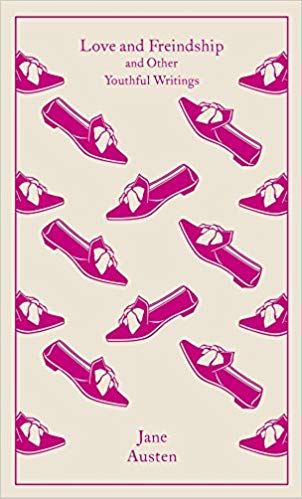
Love and Freindship, Jane Austen
Even Jane Austen’s juvenilia sparkles with her wit and character studies. In a fragment, she gives us the punning Dr. Dowkins who asks at the bedside, “Does she think of dieing?” “She has not strength to think at all.” “Nay, then she cannot think to have Strength.”
-
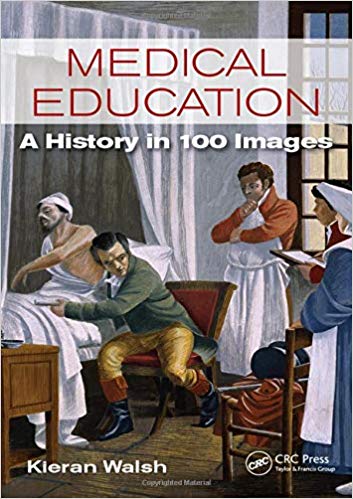
Medical Education A History in 100 Images, Kieran Walsh
Medical education lends itself to portraiture. In hospital, the bodies of the ill are collected and displayed for to benefit med students. In this pocketbook, Walsh illustrates medical education history through portraiture. This would make an ideal museum guidebook when visiting the originals housed at the remarkable @WellcomeLibrary
-
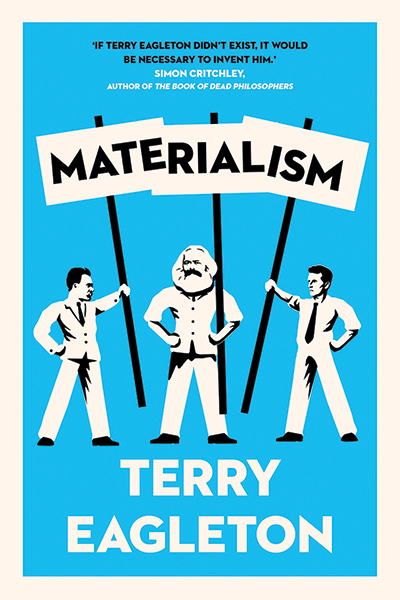
Materialism, Terry Eagleton
Physicians talk about burnout as a novel phenomena. Reading Eagleton today reminded me that alienation is the structure of contemporary economic life: “..men and women cease to recognise themselves in the material world they produce. The products of their activity, once appropriated by a system of private ownership, cease to be expressive of that labour,…
-
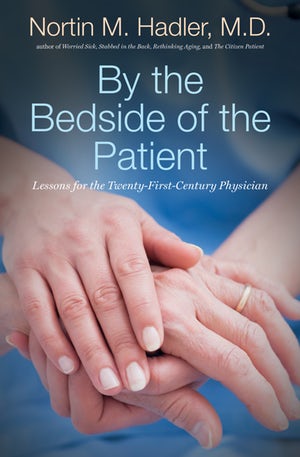
By The Bedside Of The Patient, Nortin M. Hadler
When I was in residency, Dr. Hadler was a neighbor of mine. He was an esteemed senior member of the faculty. Reading this one, I imagined him sitting on a porch yelling for everyone to get off his proverbial lawn. Doctoring aint’t what it was.
-
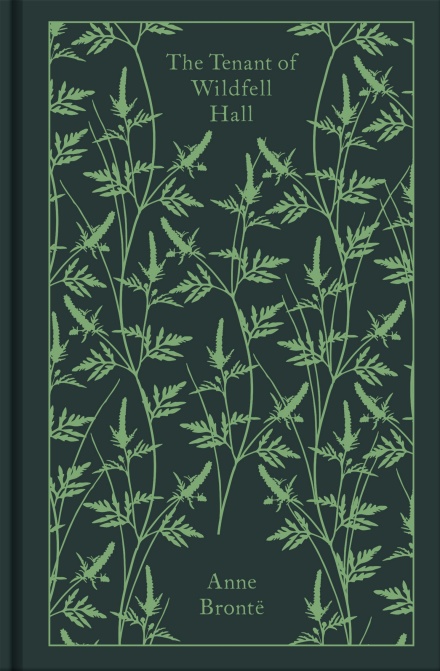
The Tenant of Wildfell Hall, Anne Bronte
The frame distracts from the picture itself: Gilbert is sentimental and fussy, Helen is moralizing but irresitble. Helen’s diary entries are searing accounts of life with an alcoholic and include a maternal version of aversion therapy. Helen is acclaimed as the first feminist protagonist, but she’s a proto-behaviorist as well.
-
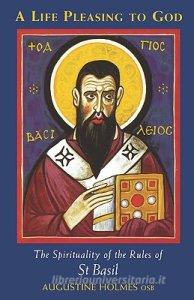
A Life Pleasing to God, Augustine Holmes
Many think of Basil of Caesarea as a monk, but Basil addressed the Asceticon to all as practical wisdom. The Basil Option is no withdrawal. The Basil Option is a way to avoid distraction while working in the world. The Basil Option is why we have public hospitals, but none of our hospitals were as…
-
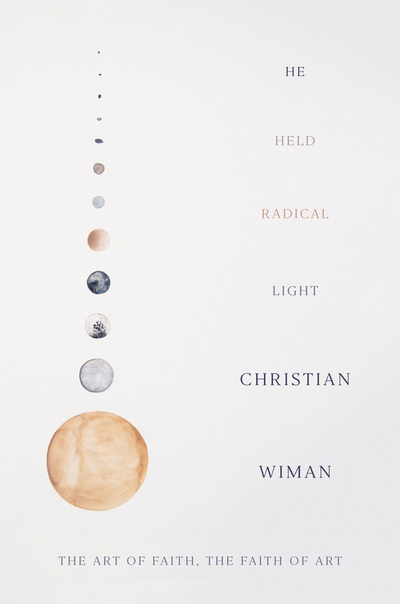
He Held Radical Light, Christian Wiman
“What is want when we can’t stop wanting?,” Wiman asks. I often find medical answers threadbare. Wiman reads poetry, and poet’s lives, and identifies a through line that is both “God and Void, grace and pain.”
-
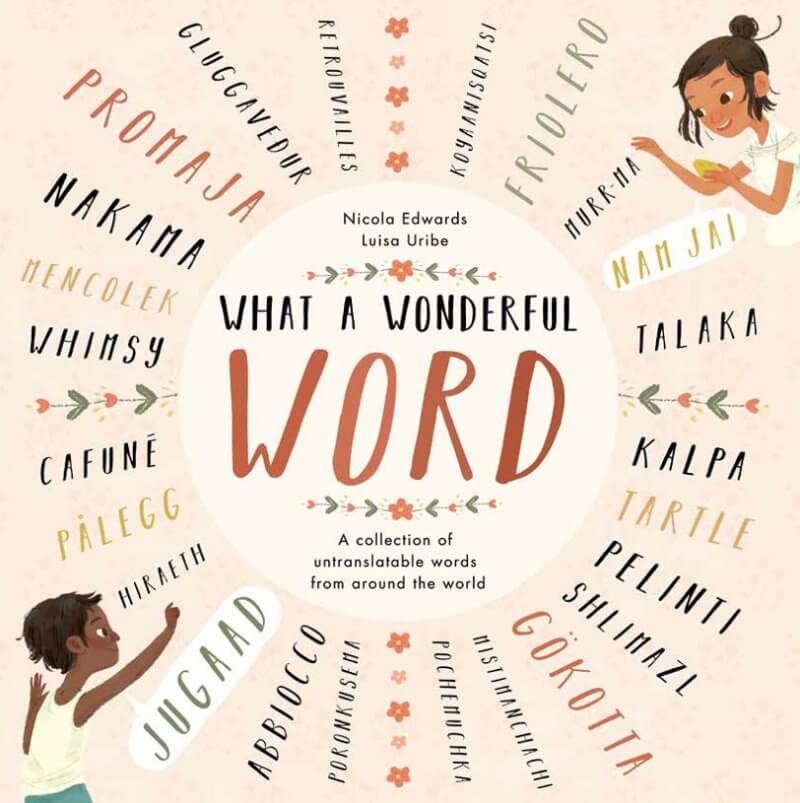
What A Wonderful Word, Nicola Edwards + Luisa Uribe
My daughters– watch for them in the bookstore ten years from now!–are reading this charmer. Here’s a cure for physician burnout: embrace Gokotta over Verschlimmbesserung, Jugaad over Hiraeth! More Nam jai, please…
-
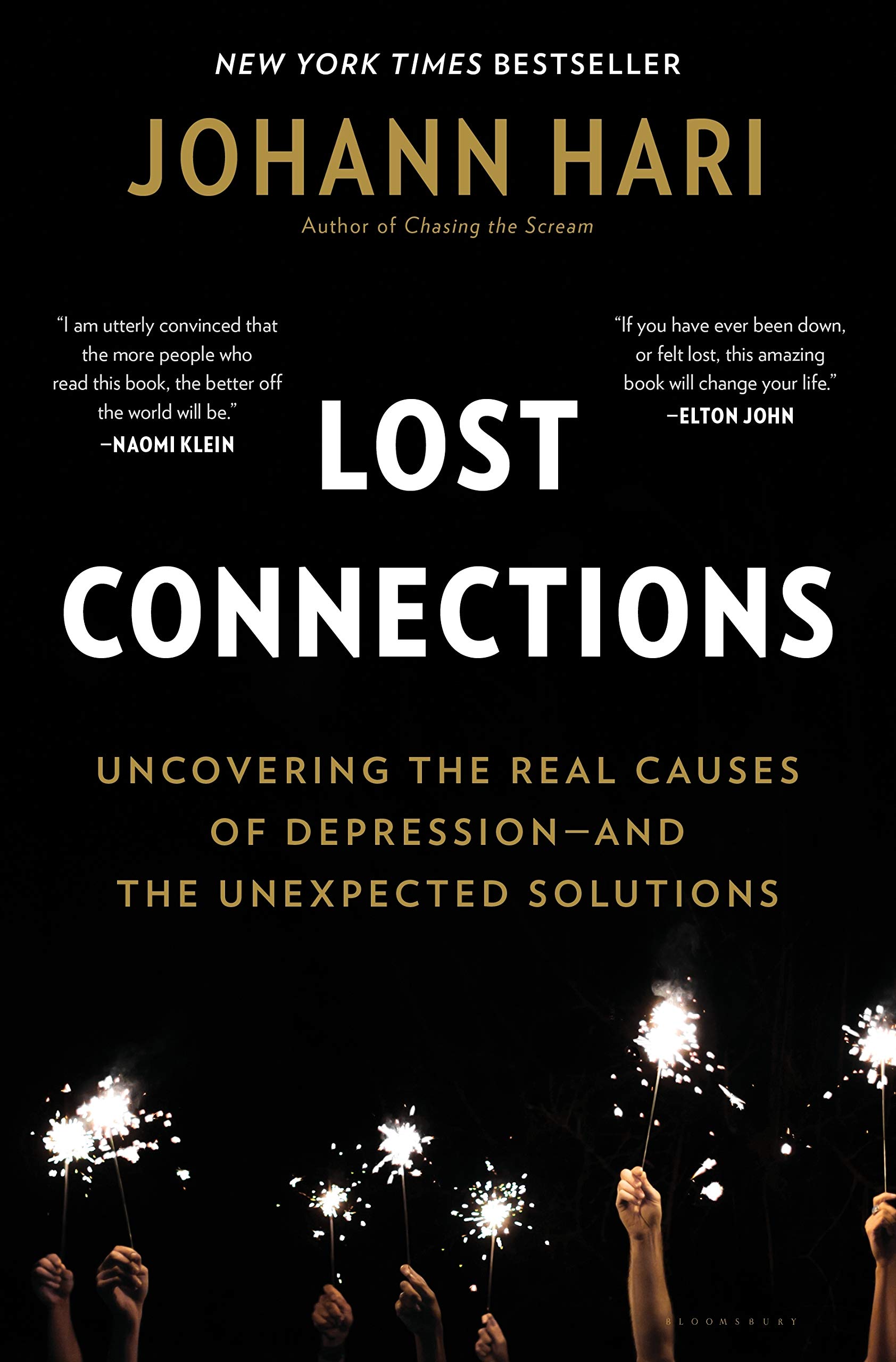
Lost Connections, Johann Hari
He caricatures biological psychiatry, lapses into self-help bromides, and favors the immanent over the transcendent, but Hari also organizes decades of research into a helpful rhetoric: mental health is social health.